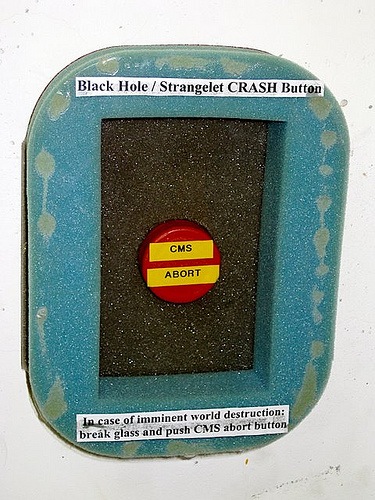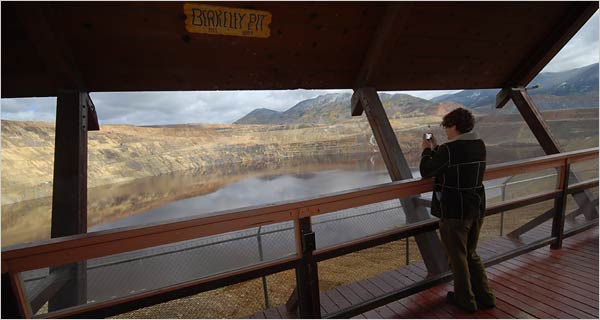 Late on Friday I read a document linked to from Twitter, supposedly the near-final agreement at Copenhagen. It had flaws, but many of the key demands were still there, and was certainly better than the expectations at the time.
Late on Friday I read a document linked to from Twitter, supposedly the near-final agreement at Copenhagen. It had flaws, but many of the key demands were still there, and was certainly better than the expectations at the time. By Saturday morning it was clear that the good bits had been excised. What was left was a sham and a carveup, not a credible deal worth a signature. The expectations had been right after all.
It's not hard to see why. Almost two hundred governments met in Denmark, but not one was led by a Green*. Most thought they were in the negotiations throughout, but almost all were excluded at the end. The final document was instead delivered by a small cabal - the US, China, India, Brazil & South Africa - with the poorest states cut out, the island states cut out, and Europe itself entirely excluded.
This betrayal was therefore delivered by the most left-wing American president since FDR, a notionally communist regime (although more accurately an authoritarian capitalist one), the more left of the main Indian political blocs, the most left-wing Brazilian government in modern times, and a South African president promoted by the South African Communist Party over his predecessor.
Gordon Brown wasn't in that room, but no-one could imagine he'd have improved it. After all, he's part of that same market-obsessed post-left soggy consensus, and his Panglossian review claimed that:
Clearly none of the various forms of vague leftism on offer are going to save us. Last week they stood together as they abandoned the environment, they abandoned the planet's future, and they abandoned social justice too. They are not part of any progressive consensus worth supporting: they are just another of the obstacles to progress.
Incidentally, if you want to know what Obama's priority really was during Copenhagen, his Twitter account gives a hint. From the start of the summit to Saturday lunchtime, his staff (one presumes) posted twenty-five comments. Just two were about Copenhagen, and thirteen, a narrow majority, were about healthcare reform. An important issue, sure, but should selling out the public option really come ahead of saving the world?
Update: I just spotted this on Jon Snow's blog, predating the failure of the talks.
"Not one of these world leaders is an elected Green. These are all mainstreamers - Communists, Social democrats, Islamic Revolutionaries, Christian Democrats and the rest, conventional mainstream politicians with no environmental power base.
"And the issue that has brought them together, once the preserve of open toed sandal wearing green protesters and green politicians, is climate change. They have taken a collective decision for mankind to attempt to preserve the ecology of the planet we all live on."
Or so it would have been, if they hadn't taken a collective decision to shaft us.
* Pop quiz: which country was the world's first to have a Green Prime Minister?














